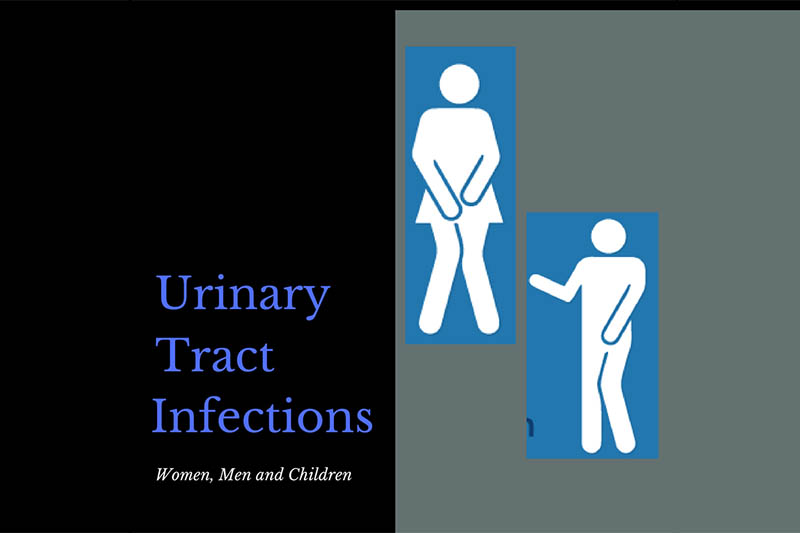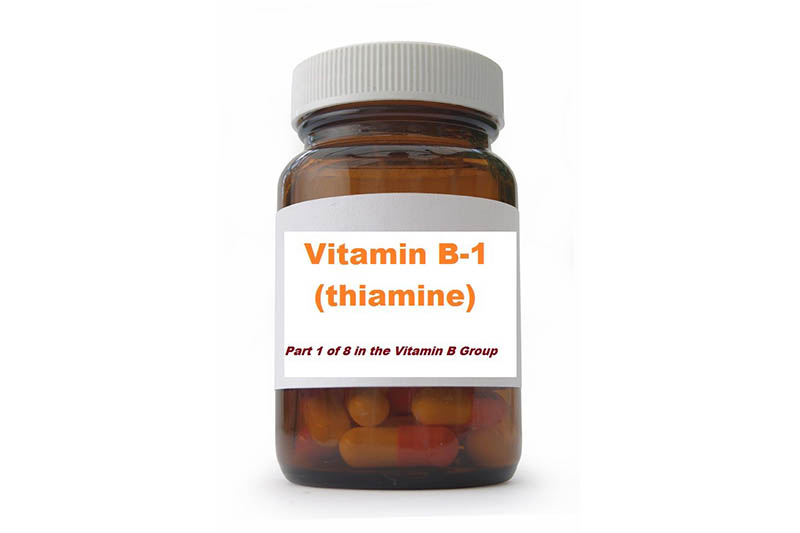
What are UTI’s? Urinary Tract Infections
Do you… Frequently or urgently need to urinate Often only pass small amounts of urine Have Pain or burning sensation when urinating These can be symptoms of urinary tract infections. There

B Vitamins are a group of 8 water soluble vitamins that are essential for certain bodily functions, such as metabolism, energy production, and nervous system function.
Thiamine deficiency can be increased by certain practices such as: drinking excessive amounts of coffee and tea, chewing tea leaves or betel leaves, and eating raw fish and shellfish. Thiamine deficiency is rare and can cause health problems such as Beriberi (a condition that affects breathing, eye movements, heart function, and alertness), and Wernicke-Korsakoff syndrome (where Wernicke’s disease affects the nervous system causing visual impairments, lack of muscle coordination, and mental decline, and Korsakoff syndrome permanently impairs memory functions in the brain. A main cause of such deficiencies is alcoholism.
| Infants 0-6 months | 0.2mg |
| Infants 7-12 months | 0.3mg |
| Children 1-3 years | 0.5mg |
| Children 4-8 years | 0.6mg |
| Girls 9-13 years | 0.9mg |
| Boys 9-13 years | 0.9mg |
| Girls 14-18 years | 1.0mg |
| Boys 14 years or older | 1.2mg |
| Women over 18 years | 1.1mg |
| Pregnant women | 1.4mg |
| Breastfeeding women | 1.5mg |

Do you… Frequently or urgently need to urinate Often only pass small amounts of urine Have Pain or burning sensation when urinating These can be symptoms of urinary tract infections. There
Disclaimer – Our intent is not to diagnosis but to offer information on therapy choices and practitioners. Information on this site is intended general educational purposes only. Any statements made are carefully referenced and any information, products or services discussed are not intended to diagnose, cure, treat or prevent any disease or illness. Please consult a healthcare practitioner before making a choice.